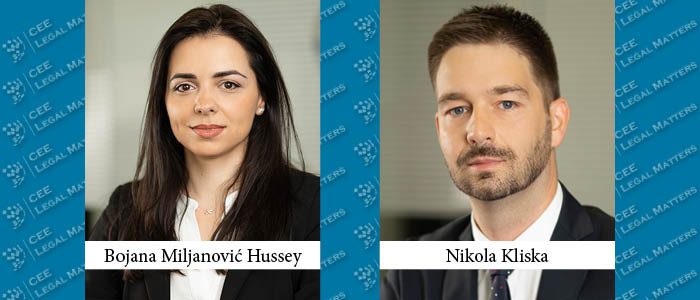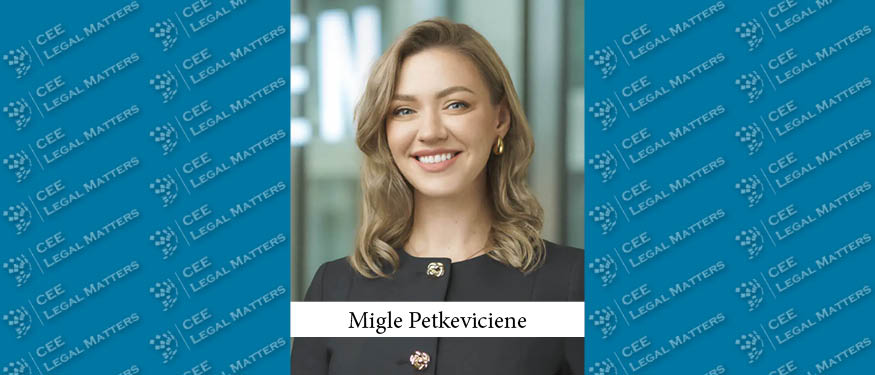Effective enforcement of competition rules in the AI world is on the horizon. Competition regulators around the world are closely monitoring the advancement of AI and the competitive landscape across various facets of AI.
The European Union has invested significant efforts in regulating AI and creating the landmark EU AI Act. The relevant institutions have successfully reached a political agreement on this pivotal legislation in early December 2023. In particular, the European Commission (“EC”) proposed the AI Act back in 2021 and on 9 December 2023, the European Parliament provisionally agreed with the Council on the AI Act. On 2 February 2024, the EU AI Act was unanimously approved by the Council. The next steps in the process involve the European Parliament’s approval, with two parliamentary committees set to vote on February 13. The full European Parliament plenary vote, the last step before the EU AI Act becomes EU law, is anticipated in April.
The new year of 2024 began with the EC launching two calls for contributions on competition in virtual worlds and generative AI and sending requests for information to the largest digital players. In addition, the EC has taken steps in market investigations, announcing a review of agreements between major digital market players and generative AI developers/providers. The focus of the investigation is on understanding the impact of these partnerships on market dynamics. Finally, the EC is assessing whether Microsoft’s investment in OpenAI is subject to review under the EU Merger Regulation.
In the UK, the Competition and Market Authority (“CMA“) released a report outlining guiding principles for the future utilization of artificial intelligence models. These seven principles address concerns about market monopolization and anti-competitive behaviour, targeting foundational models like ChatGPT. While not legally binding laws, these principles could potentially guide the CMA in any actions it takes. The CMA plans to engage with stakeholders and publish another report in early 2024.
Similarly, the US Federal Trade Commission (“FTC”) held the FTC Tech Summit on 25 January 2024 with a goal to initiate conversation across academia, industry, civil society organizations, and government agencies on AI across the layers of the technology issues—from microchips and cloud infrastructure to data and models to consumer applications. Also, to gather the relevant information, the FTC made steps in tackling AI-related competition concerns by issuing orders to five companies requiring them to provide data on recent investments and partnerships involving generative AI companies and major cloud service providers. The aim is to analyse the effects on competition for AI inputs and resources and in particular whether the strongest market participants are in any way abusing this position and distorting competition.
Maintaining effective competition in the AI world seems to be a priority to some of the largest competition watchdogs and the rest of the regulators will undoubtedly follow.
The information in this document does not constitute legal advice on any particular matter and is provided for general informational purposes only.
By Bojana Miljanovic Hussey, Partner, and Nikola Kliska, Senior Associate, Karanovic & Partners













